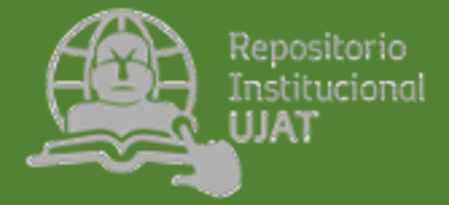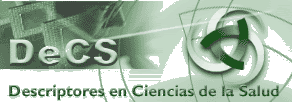Educational intervention on eating habits as a prevention strategy in housemakers
DOI:
https://doi.org/10.19136/hs.a21n3.4777Abstract
Objective: To carry out an early educational intervention to strengthen the knowledge about healthy eating habits in homemakers of the Central Zone of Nuevo Padilla, Tamaulipas, Mexico.
Materials and Methods: A health diagnosis was required previously applied early educational intervention, in which the determining factors, damages, services and resources for health were identified. Subsequently, it was proposed to carry out an educational intervention through a program aimed at homemakers, giving three presentations with selected topics of food and nutrition and two practical workshops where 50 housewives participated within the intervention area, whose duration was from April to June 2021. The level of knowledge acquired before and after the intervention was analyzed using a Man-Whitney non-parametric test (P˂0.01) for the analysis of the variables of the healthy eating habits knowledge of the questionnaire, an analysis of variance (ANOVA) (P˂0.0318).
Results: In the health diagnosis, 14 health problems were identified, being the inadequate diet one of the main problems detected. During the early educational intervention, it was observed that the knowledge acquired about healthy eating habits increased by 14% in all the participants. For its part, in the application of the questionnaire on the knowledge of healthy eating habits, it increased mainly on the following points: the definition of diet (72%), food groups (14%), organoleptic properties (78%), correct intake of water (30%), the combination of legumes with cereals (6%), moderate fat consumption (12%) and industrialized foods (26%).
Conclusions: With the early educational intervention applied to homemakers, it was possible to increase the degree of knowledge about healthy eating habits, contributing to leading a healthier lifestyle.
Keywords: Eating habits; Early educational intervention; Health; Prevention
Downloads
Published
Issue
Section
License
Copyright (c) 2021 Horizonte Sanitario

This work is licensed under a Creative Commons Attribution-NonCommercial-ShareAlike 4.0 International License.



































